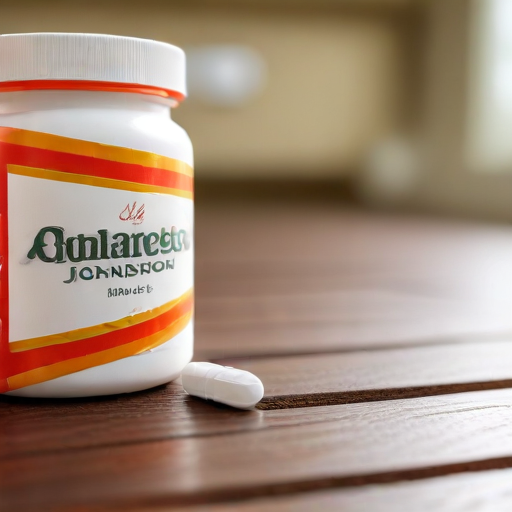Johnson & Johnson announced on Monday that it has filed an application with the U.S. Food and Drug Administration (FDA) to expand the use of its ketamine-based drug, Spravato, as a standalone treatment for individuals with treatment-resistant depression. This submission is a significant step, as it seeks to provide patients with a crucial alternative when traditional antidepressants fail to alleviate their symptoms.
Initially approved by the FDA in 2019, Spravato was intended for use alongside oral antidepressants for patients whose depression did not respond to at least two traditional therapies. Johnson & Johnson estimates that about 30 percent of the estimated 280 million people globally affected by major depressive disorder suffer from treatment-resistant depression, highlighting the urgent need for effective solutions.
Bill Martin, Johnson & Johnson’s head of neuroscience, emphasized the struggles faced by patients enduring persistent depression, stating that they often spend extended periods trying multiple treatments without success. This situation can impose considerable emotional and functional strain not only on patients but also on their families.
The application for expanding Spravato’s use is supported by data from a late-stage clinical trial indicating that it can alleviate symptoms within just 24 hours of administration and maintain relief for a minimum of four weeks. Delivered as a nasal spray, Spravato is meant to be taken under healthcare provider supervision. Different from conventional antidepressants, which primarily target serotonin and dopamine levels, Spravato enhances the action of glutamate— the brain’s most prevalent neurotransmitter that facilitates neural communication.
Sales figures for Spravato have also shown promising growth, soaring 60% to reach $271 million in the second quarter of 2023 compared to the same quarter the previous year. The medication has been administered to over 100,000 patients across 77 countries, reflecting its increasing acceptance and use worldwide.
This application represents a hopeful advancement in mental health treatment, offering patients who have struggled to find relief from their depression a potential lifeline. With continued support and research, such innovations could significantly improve the quality of life for millions battling this challenging condition.
